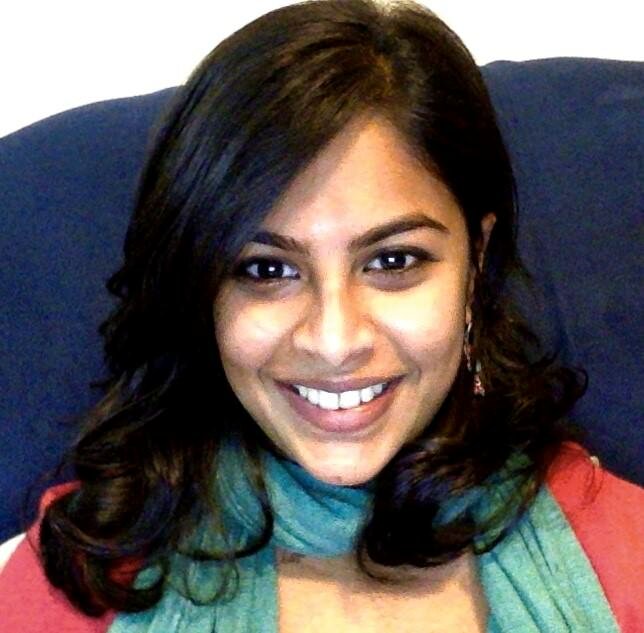Last updated May 25, 2017 at 5:32 pm
Right now, in a lab far, far away in Boston, there’s a team of scientists diligently working away on something that might revolutionise medicine. Many of these scientists come from Iran, others from China, Europe, and even neighbouring Mexico. These brilliant minds are combining their expertise in the fields of biology, chemistry and engineering to make the impossible a reality; to produce viable human tissues and organs using 3-D printers.
Across America, there are more stories emerging. From a Syrian researcher working to widen our knowledge about the genetics of eating disorders, to a Sudanese doctor striving to save lives in Internal Medicine at the prestigious Cleveland Clinic, and a Yemini engineering student, like so many working hard at college and getting ready to dive into the work force.
In fact, in 2013 alone, the National Science Foundation (US) found that more than 15 per cent of scientists and almost 20 percent of engineers were immigrants. However, their amazing work has either been put on hold or placed in jeopardy due to the Trumpian Travel Ban that came into effect at the end of January this year. According to many academics, politicians and thinkers the world over, this sweeping order could damage science in America and worldwide.
Science, in its very nature, is fluid. And scientific discovery has never benefited from closed doors or borders, but has flourished through sharing ideas and information. Science cannot and should not be circumscribed within any territorial or geographical confines. There are instances of Australian scientists who have built a solid foundation in Australia and gone overseas to continue their remarkable work; or made it big abroad and returned home to put their experience to good use in our very own South Australian Health and Medical Research Institute or SAHMRI.
In fact, I too saw first hand what good open channels of communication could do for research during my years as a PhD student. I had the opportunity to share the findings of my studies with the scientific community at home and abroad and learn from leaders in my field through conferences and collaborations. My time in my very multicultural research group taught me valuable life lessons along the way.
So, hearing about the important work of scientists and even everyday lives being adversely affected is quite disheartening. But, there is hope yet! Science has survived and even thrived in the most unfavourable of conditions; such as World War II, the Cold War, and post 9/11. During some of our darkest times, people from opposite sides of political spectrum have still managed to plod onward due to their common scientific goals and interests.
Indeed, following the travel ban, numerous educational institutions did all they could, including organising legal support, to ensure that their academics, students and scientists had all the help they could get to fight this order. Petitions condemning the ban, such as this one have been signed and circulated. And of course, even some amazing Aussies have taken to social media to express solidarity to those affected. Such overwhelming support and help have poured in from within the scientific community and beyond, that it must fill even the most cynical among us with hope!
With a new travel ban seemingly always around the corner, it would be easy to expect more people to be affected. But either way, we can certainly expect more people to stand up and fight for science! So, science may have stumbled, and even faltered, but it has and will never fail!
Did you like this blog? Follow us on Facebook, Twitter and Instagram to get all the latest science.































































































































































































































































